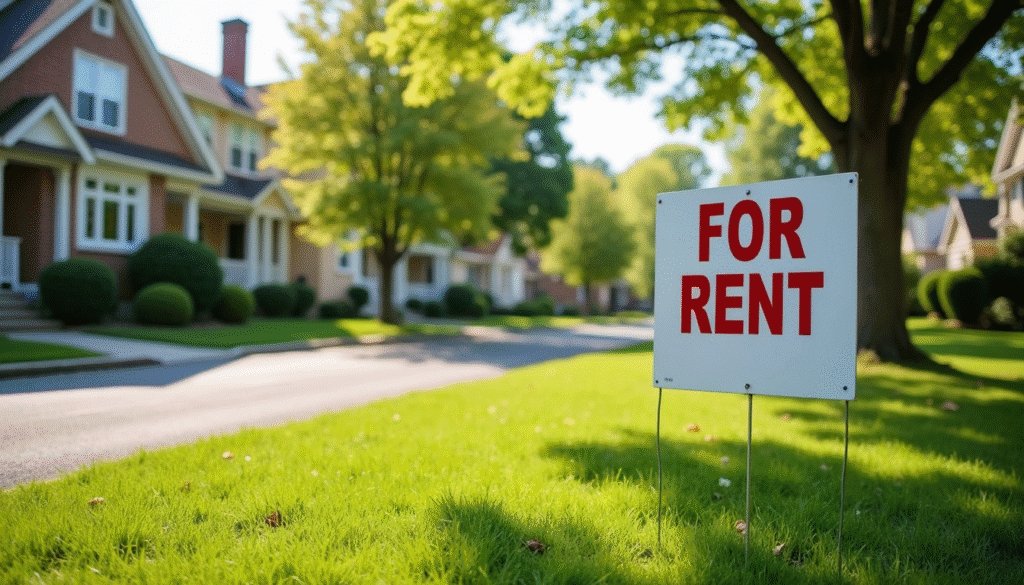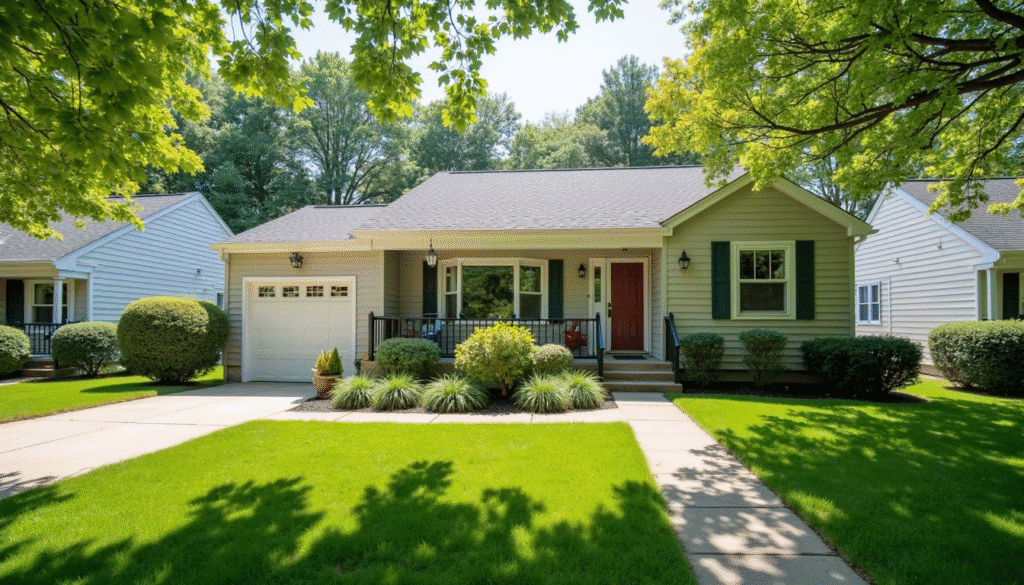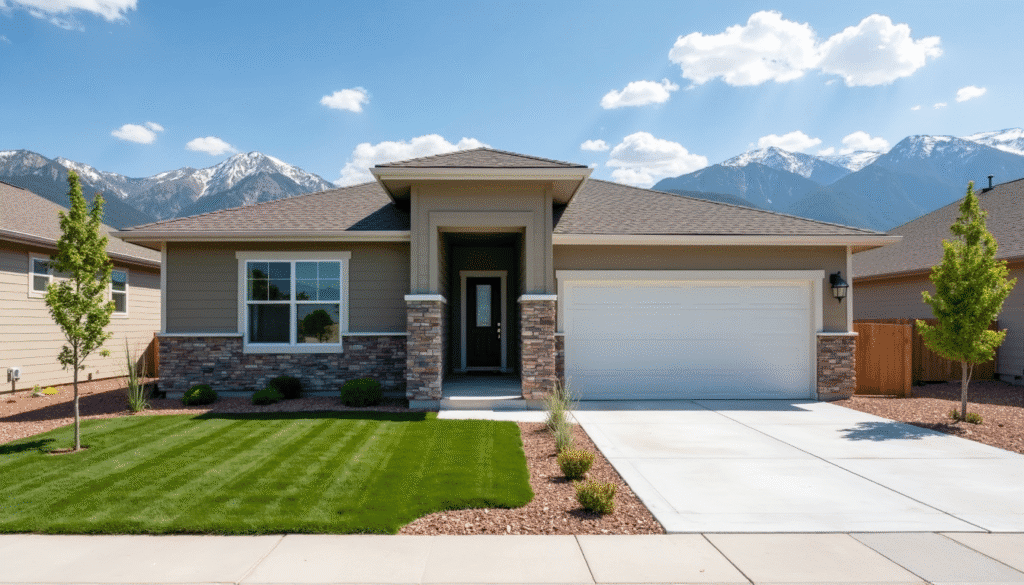Deposit refund disputes can be a major source of conflict between landlords and tenants. Understanding the legal framework, rights, and responsibilities is essential to resolving these issues efficiently. This guide provides detailed insights into common disputes, practical solutions, and how to avoid conflicts regarding security deposits.
What Are Deposit Refund Disputes?
Deposit refund disputes typically arise when tenants believe they are entitled to the full return of their security deposit, while landlords may deduct for damages, unpaid rent, or other violations of the lease agreement. Both parties must clearly understand their rights and obligations to prevent or resolve these disputes.
Common Causes of Deposit Refund Disputes
1. Damage to the Property
Landlords can withhold a portion of the deposit to cover damages beyond normal wear and tear. Disputes arise when landlords and tenants disagree on what constitutes normal wear and tear versus damage caused by negligence or misuse.
2. Unpaid Rent or Fees
If a tenant leaves without paying all due rent or other fees like utility charges, landlords may deduct this from the deposit. Tenants sometimes argue about whether these deductions are justified, leading to disputes.
3. Cleaning and Maintenance Issues
In some cases, tenants may leave the property in a condition that requires extensive cleaning. If this goes beyond standard expectations, landlords may deduct cleaning costs from the deposit. Clear communication about cleaning responsibilities is crucial to avoid misunderstandings.
4. Failure to Provide Notice
Some tenants fail to give proper notice before vacating, resulting in landlords deducting rent from the deposit to cover the notice period. This can lead to disputes, especially when tenants are unaware of notice requirements outlined in the lease.
Legal Framework Surrounding Deposit Refunds
Each jurisdiction has its own rules governing deposit refunds, including how much landlords can charge and the timeline for returning deposits. Tenants should be aware of these regulations to ensure their rights are protected.
| Country/State | Maximum Deposit Amount | Time to Return Deposit | Legal Deductions Allowed |
|---|---|---|---|
| United States (CA) | 2 months’ rent | 21 days | Damage, unpaid rent, cleaning |
| United Kingdom | 5 weeks’ rent | 10 days | Damage, unpaid bills |
| Australia (NSW) | 4 weeks’ rent | 14 days | Damage, unpaid rent |
| Philippines | 1 month’s rent | Not specified | Damage, unpaid rent, cleaning |
How to Avoid Deposit Refund Disputes
1. Thorough Documentation
Both landlords and tenants should document the condition of the property during move-in and move-out inspections. Photographs and written reports help establish the property’s state, reducing disagreements over damages.
2. Clear Lease Agreements
A well-written lease agreement should clearly outline the conditions under which a security deposit may be withheld. This includes specifying what constitutes “normal wear and tear” and detailing cleaning requirements.
3. Regular Maintenance and Communication
Tenants should promptly report any issues with the property to the landlord. Regular maintenance can prevent damage, while open communication helps avoid misunderstandings about property conditions.
4. Final Walkthrough
Scheduling a final walkthrough with the landlord allows both parties to assess the property’s condition together. This ensures any potential deductions from the deposit can be discussed and agreed upon before move-out.
Steps to Resolve Deposit Refund Disputes
- Request an Itemized List of Deductions Landlords are required to provide a detailed breakdown of any deductions made from the deposit. Tenants should review this list carefully and ask for clarification if needed.
- Negotiate Directly with the Landlord Open communication between both parties can often resolve disputes. Tenants can present their case, supported by documentation, to negotiate a fair outcome.
- Seek Mediation If negotiation fails, mediation is a non-confrontational way to settle disputes. Many regions offer free or low-cost mediation services to help landlords and tenants reach an agreement.
- File a Legal Claim In cases where a resolution cannot be reached, tenants may need to file a claim in small claims court. Landlords must be prepared to provide evidence of damages or unpaid rent to justify withholding part of the deposit.
FAQs on Deposit Refund Disputes
How long does a landlord have to return a security deposit?
The timeline varies depending on local laws. In the United States, it can range from 14 to 30 days, while in the United Kingdom, landlords have 10 days.
Can a landlord withhold the deposit for normal wear and tear?
No, landlords cannot deduct for normal wear and tear, which includes minor scuffs on walls or worn carpets. Deductions can only be made for damage that goes beyond standard use.
What happens if a tenant doesn’t provide notice before vacating?
Failure to give proper notice may result in the landlord withholding rent for the notice period from the deposit. This is usually outlined in the lease agreement.
Can a landlord keep the deposit if there is unpaid rent?
Yes, landlords can deduct unpaid rent from the security deposit. However, they must provide an itemized list of all deductions to the tenant.






